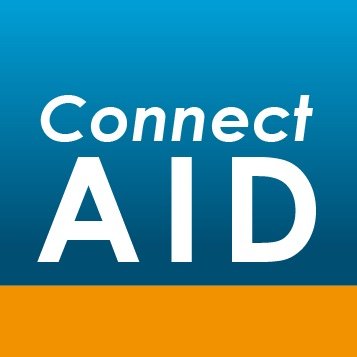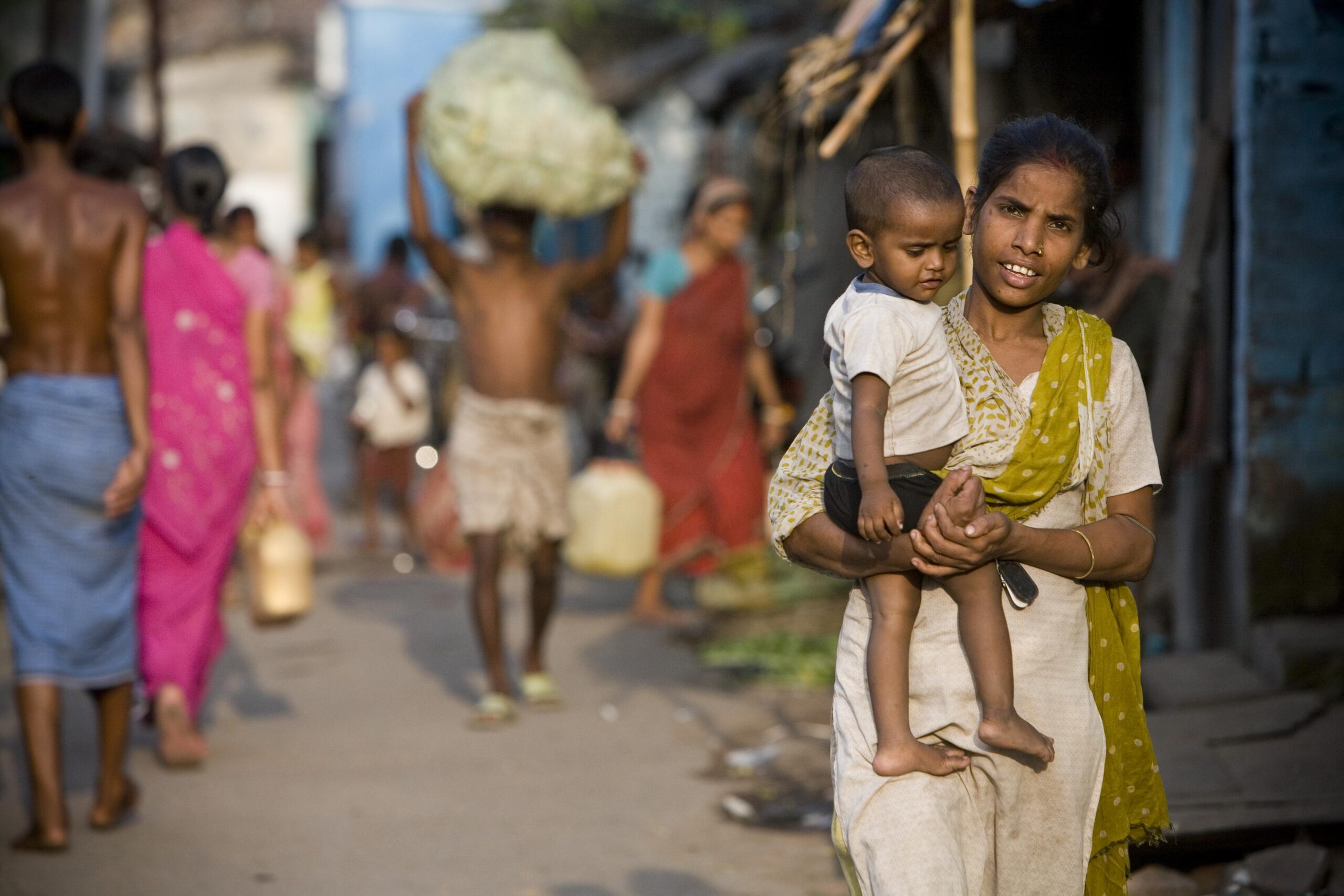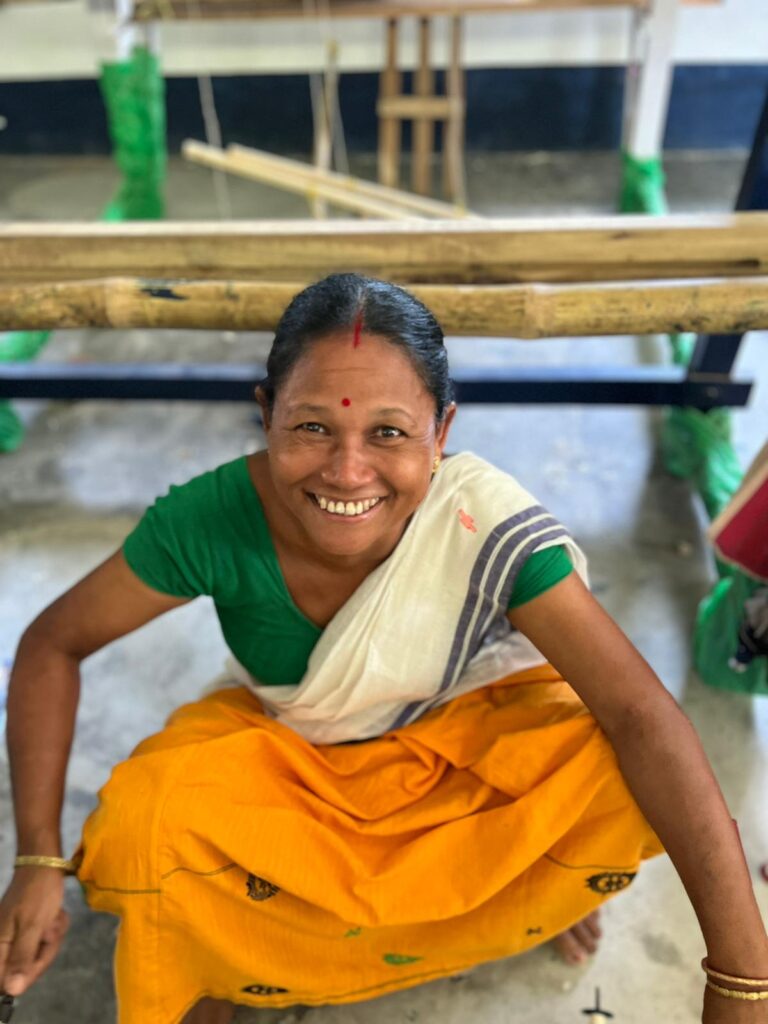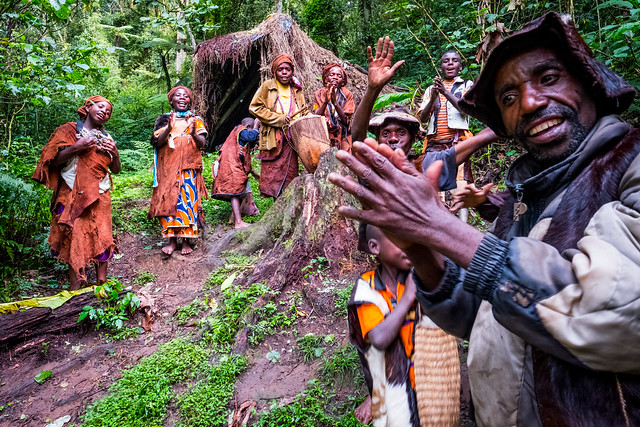Combating Human Trafficking: Insights from FXB India
ConnectAID recently interviewed Satya Prakash, the Chief Operating Officer of our NGO Member, FXB India Suraksha (FXBIS), during our humanitarian mission to India. He revealed many shocking incidents of human trafficking and his organization’s approach towards tackling this menace and lowering the number of child and women trafficking in India.
The Situation Worldwide:
Human Trafficking, also called trafficking in persons, is a form of modern-day slavery involving the illegal transport of individuals by force or deception for the purpose of labor, sexual exploitation, organ transplantation, or activities that financially benefit the trafficker. Human trafficking has affected people of all ages globally, with estimates suggesting that approximately 1,000,000 people are trafficked each year worldwide. Between 20,000 and 50,000 people are trafficked into the United States, which is one of the largest destinations for victims of the sex-trafficking trade.
According to the UNODC Report, the most common form of human trafficking is sexual exploitation, which accounts for 79% of all cases. The victims of sexual exploitation are predominantly women and girls belonging to indigenous communities. In 30% of the countries that provided information on the gender of traffickers, women make up the largest proportion of traffickers. The second most prevalent purpose for human trafficking is forced labor, and worldwide, nearly 20% of all trafficking victims are children.
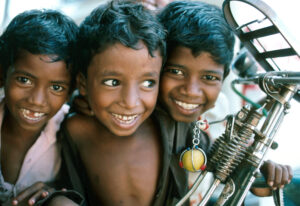
Lives Impacted:
FXB India Suraksha’s interventions have been recognized as models to emulate at the UN Permanent Forum on indigenous issues. The organization has successfully rescued over 800 women and children from trafficking situations. The grassroots programs of FXB India Suraksha have reached over 60,000 children and community members, reducing their vulnerability to trafficking.
Training Program for Law Enforcement Personnel:
FXBIS has trained over 15,000 law enforcement personnel, including the Border Security forces, and other stakeholders on the human trafficking framework and child rights in India. During our interview with Satya Prakash, he mentioned that FXB India Suraksha has conducted ground research and written extensively on topics commissioned by the UNODC, UNDP, J/TIP-the Asia Foundation, and Harvard University, among others.

Sunday Service:
Satya Prakash told us about the organization’s program called “Sunday Service,” which aims to educate people about human trafficking and identify potential victims who are at risk of being trafficked. The team members of FXB India Suraksha visit churches every Sunday and conduct awareness generation programs on human trafficking and related issues.
The inspiration behind starting the “Sunday Service” program came from a horrible incident that took place in the year 2013, wherein a pastor of a church in the Indian city of Jaipur, Rajasthan, trafficked over 50 children from the North-Eastern states of Manipur and Nagaland under the pretext of free education. The pastor kept raping the girls who had not even reached puberty, so he could escape from the risk of impregnating them. Prakash found the girls locked up by the pastor in a room for over six months, where they were sexually exploited. This horrifying incident made him start the awareness program on trafficking, called “Sunday Service,” in churches across many Indian states.
Hotline Number and identification tool:
The Hotline number (CHILDLINE) 1098 which was initiated by Satya Prakash with the help of The Ministry of Women and Child Development. It provides support to vulnerable children who are victims of trafficking and abuse. The Hotline operates 24/7 and is available in two Indian districts of Noida (in the Indian state of Uttar Pradesh) and Ukhrul (in the Indian State of Manipur).
FXB India Suraksha, under the leadership of Satya Prakash, has also designed an identification tool/checklist to help law enforcement agencies identify potential victims of trafficking. This tool has been well-received by law enforcement personnel and has already been implemented in the Indian states of Madhya Pradesh and Uttar Pradesh.
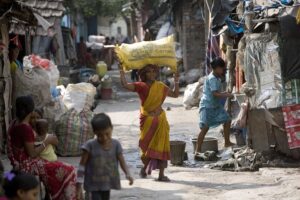 Satya Prakash’s dedication and efforts to combat human trafficking and protect the rights of children are commendable. His work has been recognized by the international community, including being awarded the International Visitor Leadership Program (IVLP) Impact Awards by The U.S. Department of State. It is crucial to continue supporting NGOs like FXB India Suraksha in their efforts to reach the 17 Sustainable Development Goals set by the international community. Together, we can help prevent and eradicate human trafficking.
Satya Prakash’s dedication and efforts to combat human trafficking and protect the rights of children are commendable. His work has been recognized by the international community, including being awarded the International Visitor Leadership Program (IVLP) Impact Awards by The U.S. Department of State. It is crucial to continue supporting NGOs like FXB India Suraksha in their efforts to reach the 17 Sustainable Development Goals set by the international community. Together, we can help prevent and eradicate human trafficking.
By Sushmita Das and Micaela Jayne Krumzeide, ConnectAID Community Advocates
